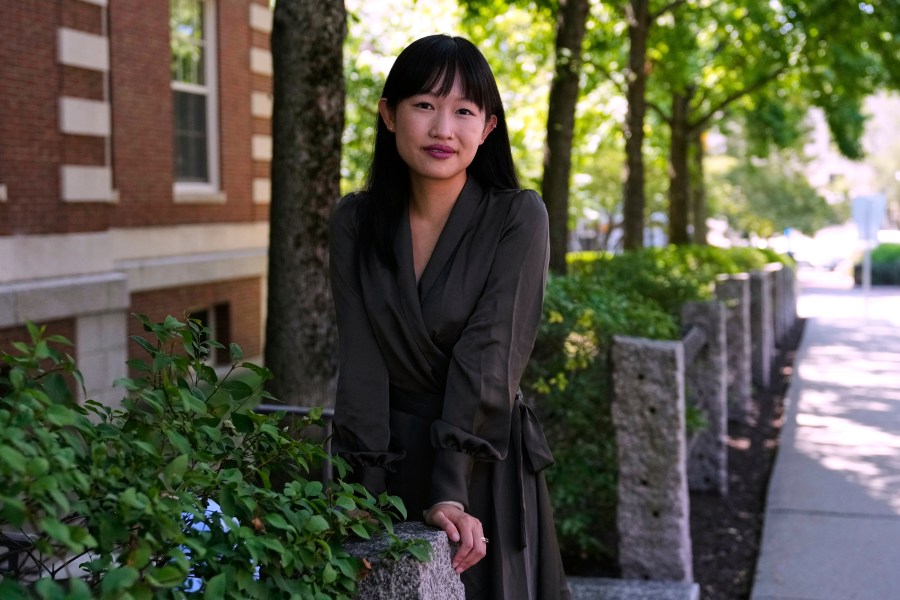R.F. Kuang, a notable author with six bestsellers to her name before turning 30, has released her latest novel, ‘Katabasis’, which dives into the complex themes of the afterlife. Drawing from her childhood beliefs and experiences, Kuang shares that the concept of an eternal afterlife filled with leisure is more daunting than the idea of hell itself. “As a child, I was told when you die you go to heaven and heaven is where you eat cake all day and just get to hang out with your friends,” the 29-year-old Chinese American novelist reflects. “And this really disturbed me because I think the monotony of that eternal existence was really frightening.”
With ‘Katabasis’, which officially releases on October 3, 2023, Kuang returns to the fantasy genre after her successful satirical work, ‘Yellowface’. This new novel offers a dark yet whimsical critique of academia, a subject that resonates deeply with the current Yale University graduate student. The book has generated significant buzz on social media platforms, particularly BookTok, and is already set to be adapted into a series by Amazon, with Angela Kang, known for her work on ‘The Walking Dead’, as the showrunner.
Exploring Themes of Academia and Afterlife
The protagonist of ‘Katabasis’, Alice, is a doctoral student in analytic magick at Cambridge who becomes fixated on obtaining a recommendation letter from her department chair. Following the chair’s unexpected death, Alice utilizes a pentagram to navigate purgatory in search of him. This journey is fraught with peril, as only a few scholars have survived similar attempts. The narrative invites readers into a vividly imagined realm, akin to the nine circles of hell depicted in ‘Dante’s Inferno’, featuring the “Eight Courts of Hell” designed by Kuang.
Kuang meticulously crafted each hellish court, drawing inspiration from her own experiences in academia. “We had a lot of fun brainstorming the little annoying things that people do that couldn’t be properly called malicious but I think deserve a little bit of punishment in hell,” she notes, acknowledging the playful aspect of her storytelling.
Researching the Underworld and Political Commentary
Much of the inspiration for ‘Katabasis’ stems from Kuang’s research into various cultural beliefs about the afterlife. While developing her version of hell, she continued her studies in East Asian languages and literature at Yale. The novel also reflects on the political climate, particularly the challenges facing higher education. In one passage, Kuang writes, “On both sides of the Atlantic, the conservatives were several years in power and this meant funding cuts for universities, shrinking departments, vanishing opportunities.”
When asked about the political relevance of her novel, Kuang emphasized that she completed revisions before significant political events unfolded but noted the parallels to the 1980s. “I think even in November, we had no idea what kind of attacks on higher education were going to come in the following fall,” she stated, highlighting the ongoing threats to academic freedom and funding.
Amid these challenges, Kuang remains focused on her work. “All I can do is just keep doing my work,” she asserts. “The final victory would just be to roll over and play dead and let the administration stop us from pursuing the lines of research that we’ve been pursuing all along.”
As ‘Katabasis’ hits the shelves, Kuang’s creative journey continues to inspire readers and provoke thoughtful discussions about academia, societal norms, and the nature of existence itself. Her ability to blend personal narrative with broader themes makes this novel a highly anticipated addition to contemporary literature.
